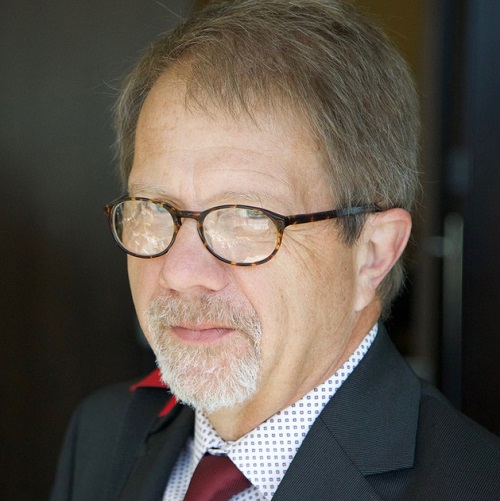Commentary on Psalm 113
When I think of interpreting the psalms I am immediately thrust into a world that is both foreign and familiar.
As someone born half a world away, separated by 3,000 years of culture and history, and a non-Hebrew speaker, I wonder how I might read, hear, and interpret the words as the Word of God. It is a rocky ground on which I walk and a slippery streambed on which I travel.
Written in Hebrew and later translated into English and a host of global languages, the psalms intone a language made for the people of God. They are meant for those who would count themselves as part of the “in” group. They are directed toward those who would stake their life on a covenantal relationship with the living God. They are personal laments and reflections on life, corporate songs and prayers to remind people about what makes a life worth living, poetry about the activity of God, and prayers of praise to God.
I think the psalms were meant for more than reading. They are set for the arts: singing and dancing, painting and sculpting, chanting and improvisational jazz. Like ballet, the words lift from the page without effort and fall to the floor with grace. Like improvisational jazz they carry their own rhythm that beats in sync with inner rhythms known to each individual hearer.
The psalms are different from the rest of the Bible. They flow like water and flood well thought foundations. They comprise literary landscapes punctuated by lofty flourishes and picturesque language. They invite poetic crawling through muddy fields of human experience to reflect on the viscera of life as loci for the activity of God. They provoke and prod manicured theologies to encourage more vital and active ruminations on the mystery of God.
The globe spins and generations sprout and fall underneath rising and setting suns. For millennia, people have reflected on the work of a personal God who is both closer than breathing and beyond the reach of human rational thought. Yet, somewhere in the middle of it all, God whispers words and images through the psalms that can touch the contours of our spirits and cause us to burst forth in song.
We sing with the frogs and the birds in springtime a celebration of life. We cry with the wind through the pines at the edge of fields lined with stone markers reminding us of own our date with death and what lies beyond this life. We blend vocational colors on palettes of our own making as apprentices hoping our marks on life would be somehow consonant with those made by the great craftsperson under whom we study.
As poetry and prayer, the psalms speak a language that constructs thought worlds in which human minds can play freely in boundless spaces of theological imagination and personal reflection. There is a timeless quality to the psalms I think in part because of the capacity of the verses to defy simple or compact definitions of God, humanity, or creation. They invite active play and personal and communal discovery.
Psalm 113 is from start to finish a hymn of praise about God. It is a call to the people of God to remember who God is and what God has done. Under an arc of the sun’s transit across the sky, earthen landscapes rotate and people go about daily life. In the ordinary movement of each day they are called to praise God. Perhaps the Psalmist is encouraging the people of God to join in what the Apostle Paul would later call in his first letter to the Thessalonians, “prayer without ceasing” (I Thessalonians 5:17).
In berekah form, the psalmist breathes a prayer that echoes praise to God at the beginning and end. In between the two explosions of praise, the cause for praise is lifted up. The creator of all that is and ever will be is somehow concerned with the ordinary activities of people. The psalmist declares the radical uniqueness of a God that cannot be easily defined. There is nothing in all creation that can be compared to this God, and yet this God is concerned about people.
What does this God do? God watches over people, raises the poor, lifts the needy, equalizes power relationships, and provides children to women. The equalization of humankind that the psalmist extols calls into question contemporary disparities between wealthy and poor, powerful and powerless, elite and excluded. Those who have experienced the pain of being ostracized know well how lonely the experience can be. Those who have been the objects of ridicule and disparaging comments intimately know the contours of depression and isolation.
The psalmist calls into question the practices of people toward those who suffer in three categories: poverty, need, and childlessness. Those who participate in activities that push people toward poverty, drive people into places of need, and exclude those who are childless from circles of friendship are reminded that this is not consonant with God’s care for people. Instead, the psalmist affirms for those languishing in the ash heaps and dust piles of despair that they will be lifted up. Their experience will not be forever. They will have a day of justice, a day where economic and power laden fields are leveled. Their day of despair will not prevail. A day of praise shall break forth.

September 19, 2010